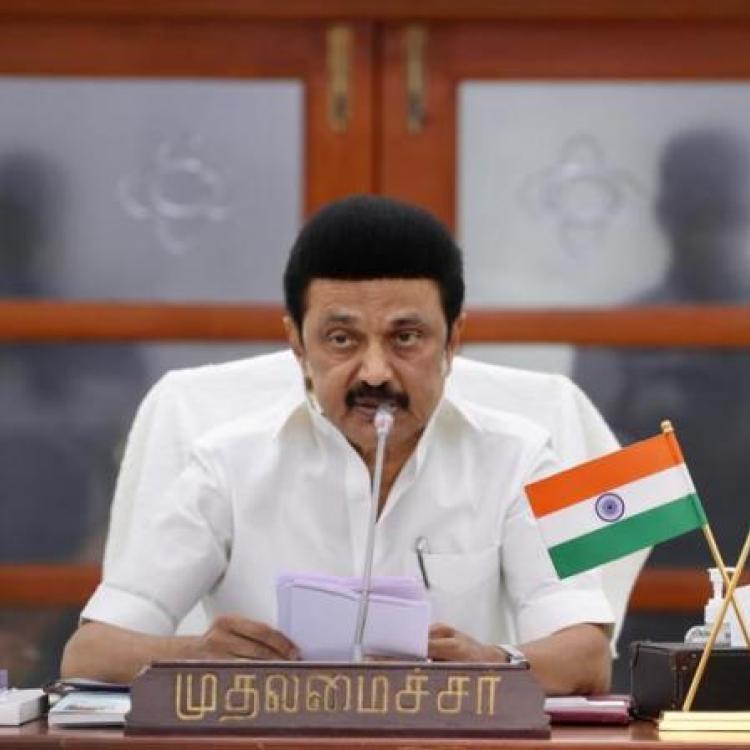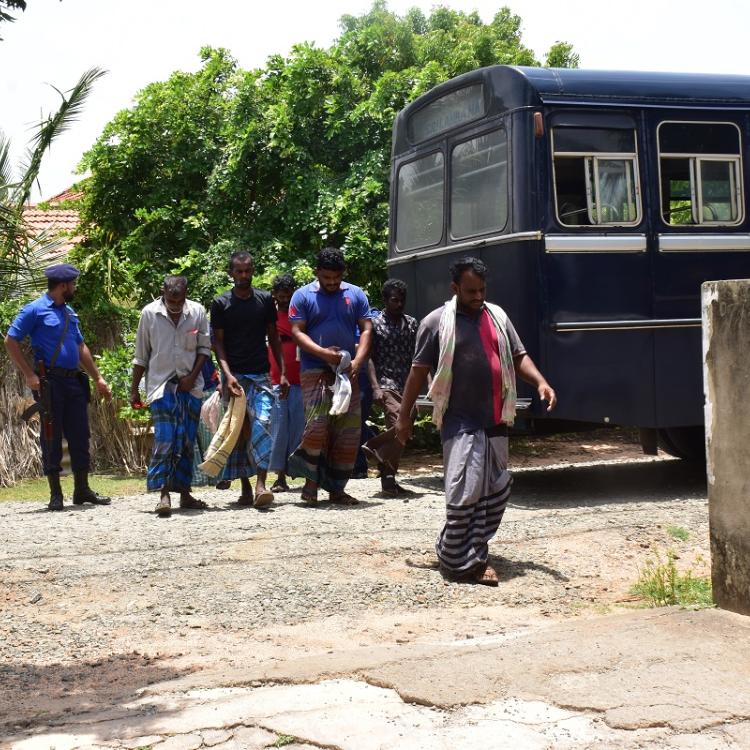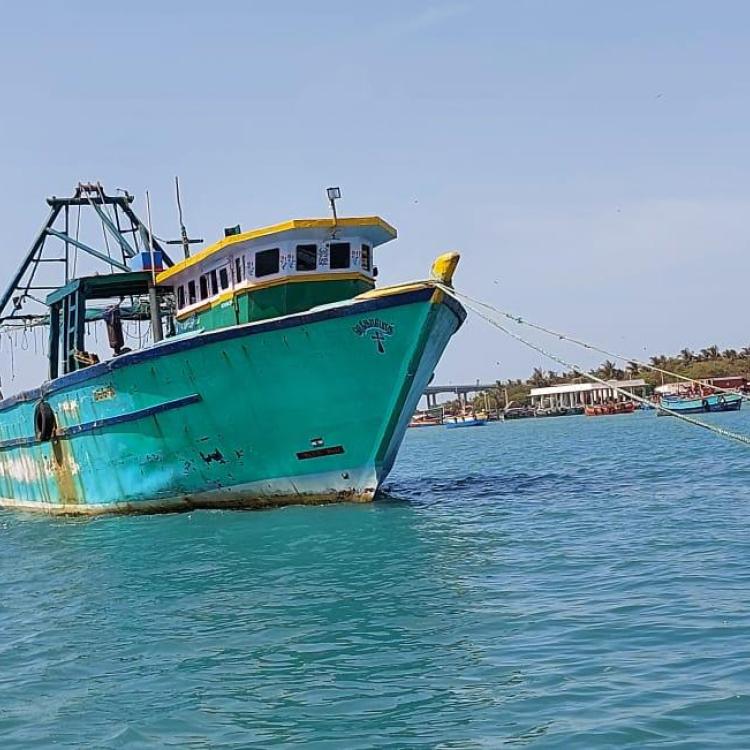.jpg)
Fishermen from Thangachimadam, along with families of those imprisoned by the Sri Lankan Navy, have embarked on a hunger strike, demanding the immediate release of their relatives who were arrested for allegedly crossing into Sri Lankan waters while fishing.
The protest, which began on Thursday, October 3, 2024, at the Valasai Bus Station in Thangachimadam, saw families tearfully pleading for the swift release of their loved ones. This hunger strike highlights the ongoing distress felt by families in Tamil Nadu, with approximately 150 fishermen—17 of whom are from districts like Ramanathapuram, Nagapattinam, Pudukottai, and Thoothukudi—currently held in Sri Lankan prisons.
.jpg)
The families, many of whom rely on fishing as their primary livelihood, expressed their frustration at the seemingly routine nature of the arrests. They emphasized that their relatives were simply trying to support their families, calling on both the Central and State governments to intervene and secure their release. The ongoing hunger strike reflects the deepening sense of urgency and despair as the families accuse the Indian Union government of a "nonchalant" attitude in resolving the conflict between Tamil Nadu’s fishermen and the Sri Lankan Navy in the Palk Strait.
In a related escalation, fishermen from Rameswaram have been striking for three consecutive days, urging for a permanent solution to the long-standing tensions over fishing rights in the Palk Strait. These fishermen and their families also participated in a day-long fast, condemning what they see as the Indian government’s indifference to their plight.
The situation intensified following the arrest of 17 Indian fishermen on September 29, 2024, near Mannar, along with the seizure of two trawlers, for allegedly fishing illegally. This incident is just one of many that highlight a troubling pattern of regular arrests by Sri Lankan authorities, further straining relations between Tamil Nadu and the Tamil Eelam regions of Sri Lanka.
Tamil Nadu Chief Minister M.K. Stalin has called for urgent diplomatic intervention, writing to External Affairs Minister S. Jaishankar to address the issue. Stalin highlighted the profound distress these repeated arrests cause in coastal communities, stressing the need for immediate diplomatic efforts to secure the release of the fishermen and their boats. As of September 23, 2024, 145 Indian fishermen and 191 fishing boats are being held in Sri Lankan custody, marking the highest number of detained fishermen in seven years.
The Sri Lankan Navy stated that these arrests are part of a special operation aimed at curbing illegal fishing activities in the northern Mannar waters. The Navy deployed Fast Attack Craft and Inshore Patrol Craft to apprehend the Indian vessels. The 17 fishermen and their boats were taken to Talaimannar Pier for legal proceedings.
.jpg)
In 2024 alone, Sri Lankan authorities have arrested 413 Indian fishermen and confiscated 55 boats. The issue of Indian trawlers allegedly poaching in Sri Lankan waters has become a contentious topic. Tamil fishing communities in the Tamil Eelam regions argue that such activities are depleting marine resources, further deepening the economic and environmental challenges they face.
The conflict over fishing rights in the Palk Strait has long been a point of tension between India and Sri Lanka. The waters, which lie between Tamil Nadu and the Tamil Eelam, are rich in marine resources but are also a hotbed of contention. Indian fishermen, often in pursuit of better catches, cross into the waters, leading to frequent arrests by Sri Lankan authorities.
For years, this issue has strained relations, with local Tamil Nadu communities calling for a permanent resolution to the crisis.



